What gets you likes online could get you handcuffs overseas.

Travel influencers love showing off slick airport shortcuts, hotel freebies, and border-bending hacks that promise to save money or skip lines. It all looks effortless and clever—until someone tries it in the real world and ends up detained, fined, or worse. Different countries play by different rules, and the moment you assume it’s just like home is the moment you step into serious legal trouble. These aren’t harmless tips gone wrong—they’re viral ideas that can turn your vacation into a courtroom drama.
The worst part is, most of these so-called “hacks” don’t even feel risky. They’re framed as smart, edgy workarounds, not criminal acts. But customs agents, hotel staff, and local police aren’t interested in whether you saw it on TikTok. They care about their laws—and they don’t care if you didn’t read the fine print. These nine viral travel hacks might earn clout online, but in real life, they could land you behind bars.
1. Booking a refundable ticket just to access the airport lounge.

This hack makes the rounds every few months: book a fully refundable first-class ticket, enjoy the premium lounge perks, then cancel the ticket before the flight. It sounds harmless and technically legal in some places—but many airlines and airport authorities are catching on, and in certain countries, it’s considered fraud, according to Hazel Scott at Passing Thru.
You’re intentionally deceiving the system to access services you’re not entitled to, which can be interpreted as misuse of commercial services or breach of contract. Some airports treat it as trespassing in restricted zones if your ticket is voided before boarding. All it takes is one airline agent who decides to flag your behavior, and your lounge snack could turn into an interview with airport security.
2. Faking a medical condition for flight upgrades or early boarding.

Claiming to have anxiety, back pain, or an invisible injury to skip the boarding line or snag better seats might seem like a clever trick—but in many countries, falsifying a medical condition for personal gain is illegal, as reported by Travis Kirrigan at Sunmark. It’s not just unethical—it can be prosecuted as fraud or public endangerment, especially if it creates complications during the flight.
If airport staff request medical documentation or further clarification and you can’t provide it, you could be denied boarding or even fined. In some destinations, abusing disability or medical privileges is taken very seriously, particularly where those services are limited and highly regulated. The attention you get from faking an ailment might not be the kind you want.
3. Using fake hotel confirmations or doctored documents at customs.

Some border agents require proof of accommodation before allowing entry. A popular online “hack” suggests generating fake hotel bookings or editing confirmation emails to match visa or entry requirements. It might seem like a harmless shortcut—until you get caught. Presenting false documents to immigration is a criminal offense in many countries, with zero tolerance for tourists playing games, as stated by Christopher Elliott at USA Today.
Even if you cancel a legit booking after entering the country, that behavior can still be flagged as deceptive. If officials sense that you’re not being honest about your travel plans, they can deny entry, cancel your visa, or detain you. All for a hotel you never planned to sleep in. Honesty might be less exciting, but it keeps you out of legal hot water.
4. Wearing a fake airline uniform or staff badge for perks.
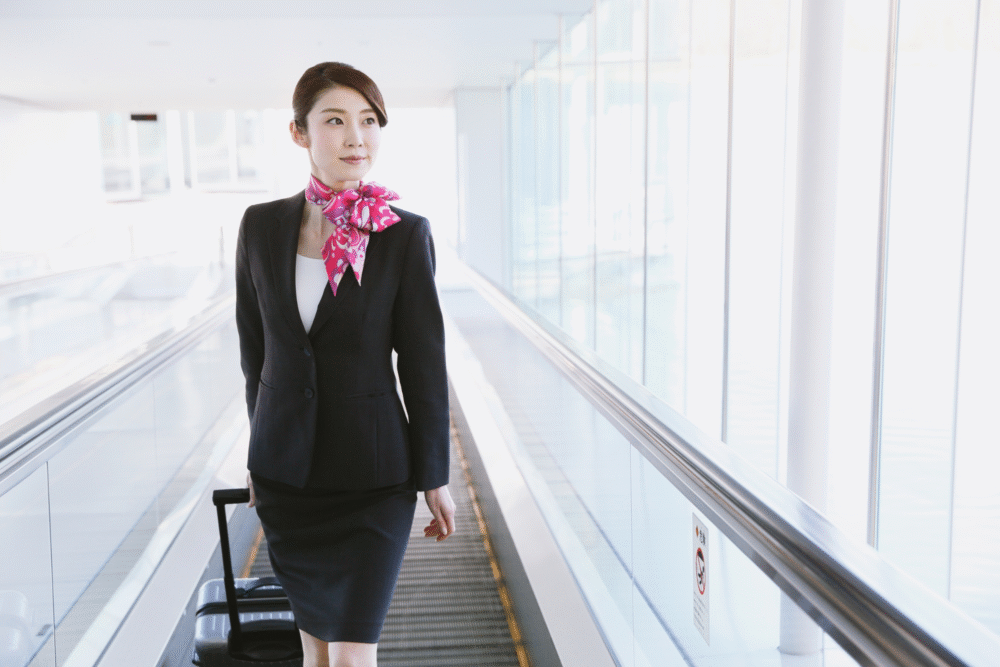
Some travelers have tried posing as crew members to skip security lines, access lounges, or even get seat upgrades. They buy replica uniforms online or craft fake badges that resemble airline employee credentials. It might seem like a bold way to beat the system—but impersonating staff is a criminal offense nearly everywhere.
Airports and airlines have strict rules about uniforms and identification, especially post-9/11. Tampering with those systems can be seen as a security threat. Even if you don’t mean harm, pretending to be someone you’re not in a high-security zone is enough to get you detained and charged with impersonation or fraud. A shortcut through TSA isn’t worth that level of trouble.
5. Lying about your nationality for visa-free entry.
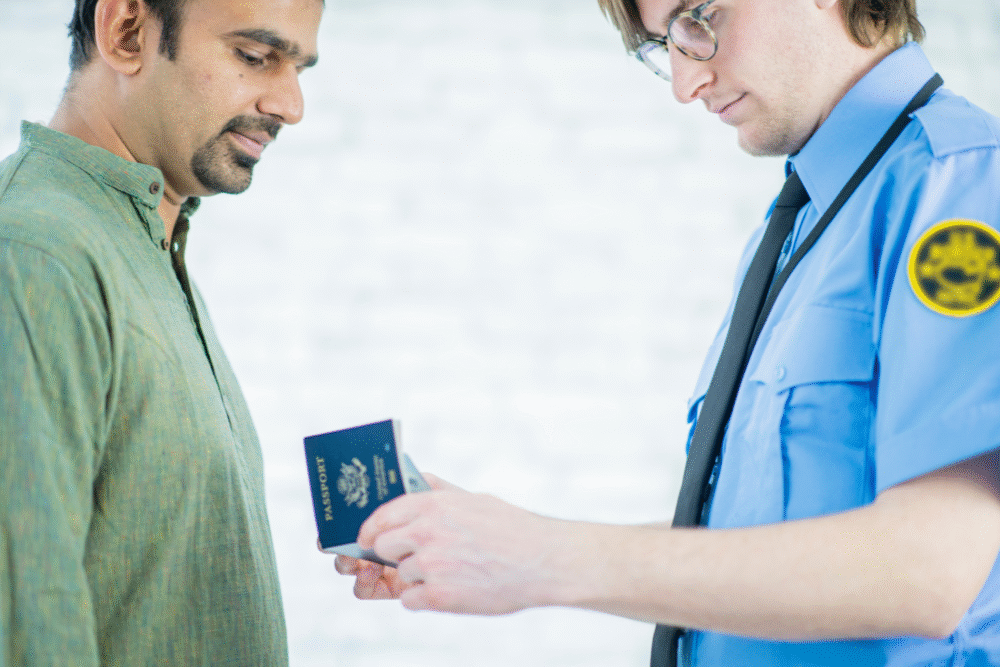
Some people try to claim dual nationality, use fake passports, or simply lie to immigration officers to avoid visa fees or restrictions. This advice sometimes floats around in online travel groups, usually disguised as “loopholes.” But misrepresenting your identity or citizenship is a serious offense and can get you banned from a country—or worse.
If caught, you could face immediate deportation, permanent visa denial, and even criminal prosecution. Many countries also share immigration data with others, so a ban in one country can impact future trips elsewhere. It’s not just a travel hiccup—it can change your international record. Always tell the truth at the border. No hack is worth ruining your global reputation.
6. Sneaking into tourist attractions without a ticket.
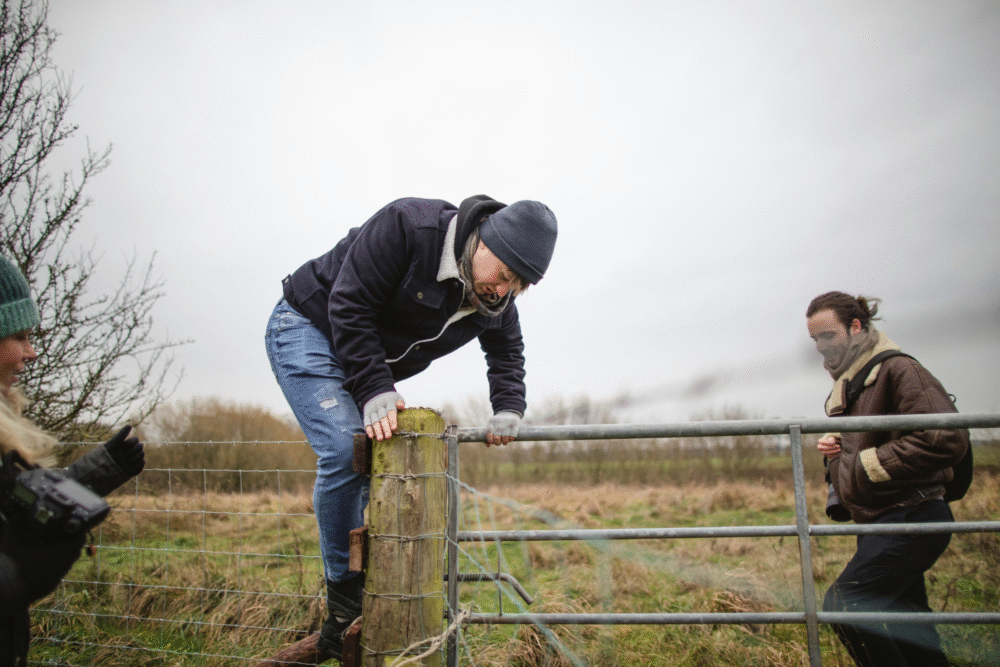
There’s a subset of influencers who brag about scaling fences, using employee entrances, or tailgating paid visitors to get into famous landmarks for free. It makes for dramatic content, but it’s still trespassing—and in some countries, it’s considered a criminal offense that can land you in jail or cost you a fortune in fines.
Sites like the Eiffel Tower, Machu Picchu, or even historic temples have strict rules and security in place. Trying to bypass them isn’t seen as adventurous—it’s disrespectful and, in some cases, illegal entry into protected zones. Authorities don’t care how cool your drone footage looks. If you’re caught, you’ll be explaining yourself in court, not in your comments section.
7. Claiming lost baggage for compensation without actually losing it.
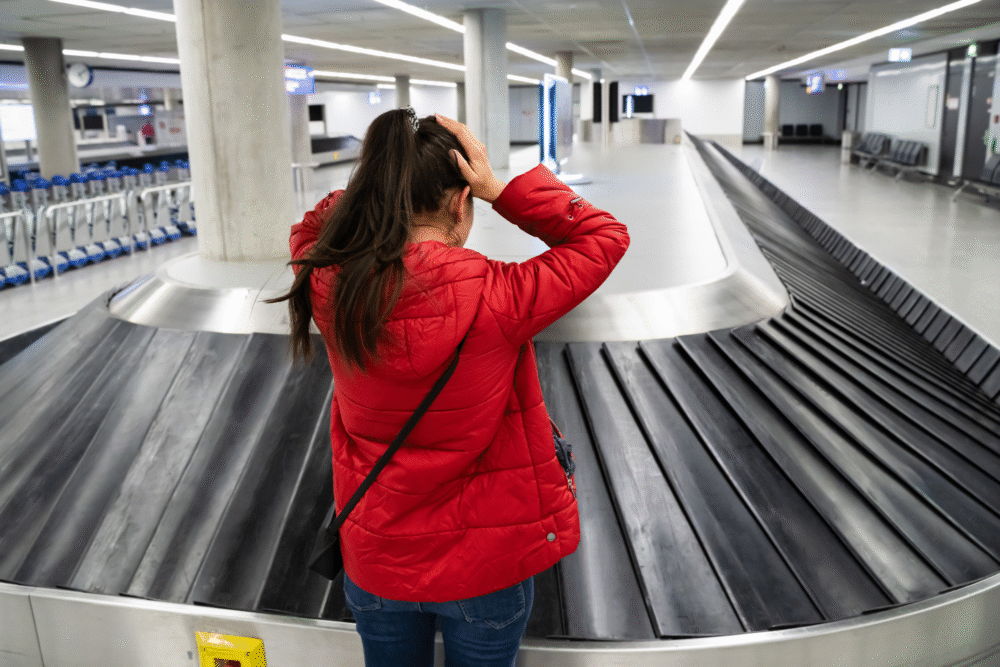
Another shady trick some people push is to claim lost or delayed baggage and request compensation—when in reality, their luggage is just fine. The idea is to exploit the airline’s reimbursement policy and pocket the cash or free perks. It might sound clever, but it’s insurance fraud, plain and simple.
Airlines have teams dedicated to spotting suspicious patterns, and if you’re flagged, they can open an investigation or report you to local authorities. In certain countries, this kind of behavior is not just frowned upon—it’s criminally prosecuted. You might get a few hundred dollars, but if caught, you could owe far more in legal fees and penalties. All for a scam that’s easily exposed.
8. Tampering with boarding passes to change seat assignments.
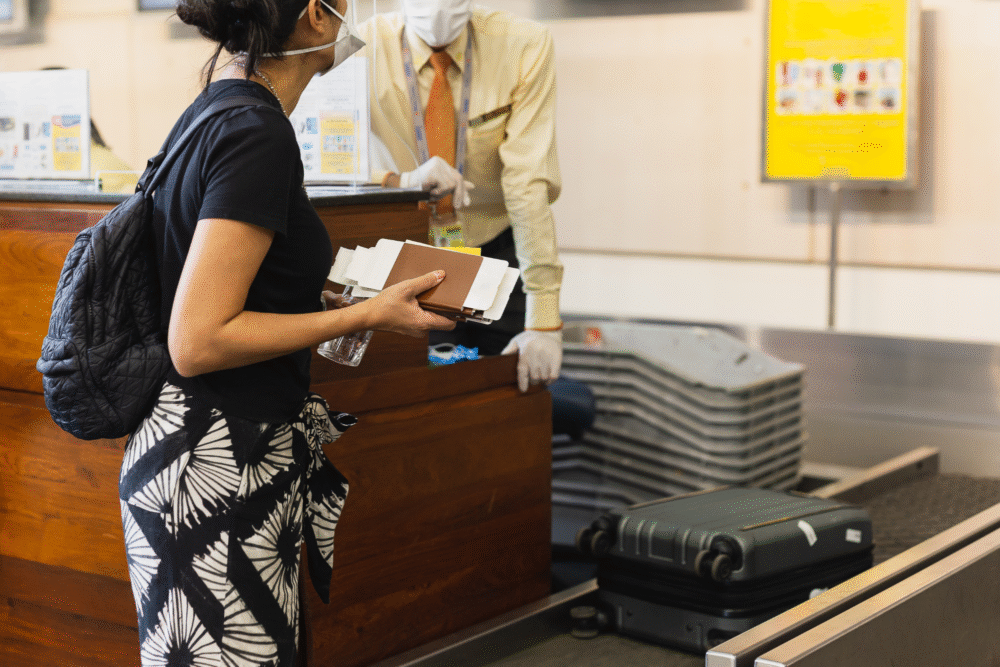
Some travelers recommend altering your boarding pass—changing a digit, using Photoshop, or copying someone else’s—to sneak into premium seating. It’s positioned as a harmless way to upgrade, but airlines consider this a serious violation. You’re altering official travel documents and attempting to gain access to services you didn’t pay for.
If caught, you can be removed from the flight or banned from flying that airline altogether. In certain places, tampering with transportation documents is classified as forgery or fraud, which could lead to arrest. The difference between seat 23B and seat 3A isn’t worth a permanent mark on your travel record—or a conversation with airport police.
9. Smuggling banned food or items under false declarations.
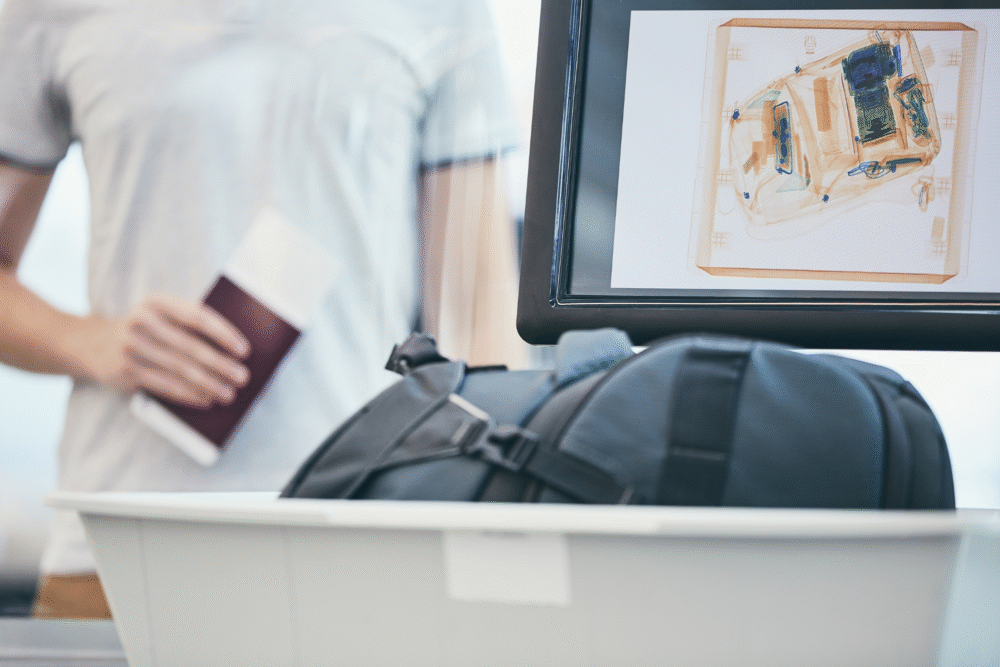
Bringing a sandwich across the border doesn’t sound like a crime, but many countries have extremely strict customs laws regarding food, seeds, animal products, or medications. A viral hack might suggest hiding these items in your luggage or declaring them as something else—but that’s a quick way to get detained and fined.
Some countries, like Australia or Japan, have zero tolerance policies. Even undeclared snacks can result in steep penalties, and lying on a customs form is considered a serious offense. In some cases, you could be barred from re-entry or flagged for future inspections. It’s not just about food—it’s about trust. And once that’s broken, it’s hard to travel freely again.
